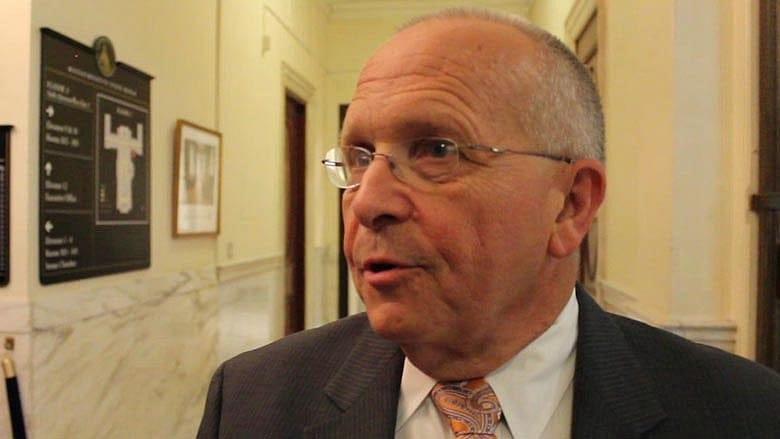Lawmakers falter at finish in bid to protect workers in non-competes

STATE HOUSE — House and Senate lawmakers came tantalizingly close to reaching a deal that would have limited the use of non-compete agreements between employers and employees, but couldn't overcome differences over how compensation for workers who sign such contracts would be negotiated.
House and Senate leaders had been working to craft a proposal restricting non-competes, which critics contend have been abused by some employers and limit the creation of start-up companies and the free movement of workers in innovation industries. Some large companies, however, defend the agreements as protection against the theft of proprietary information and protection of their investments in worker training.

